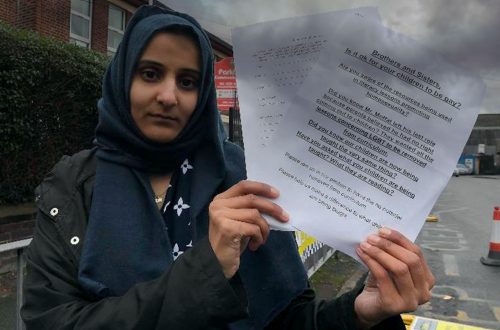A very interesting essay by Tarek Heggy at The Almuslih Publishing Project in which he concludes: “In short, after 40 years of studying political Islam and studying its literature and writings – including university theses on the Islamic system of hadd punishments – I can see no possibility of there being any agreement between political Islam and the values of progress and modernity.”
It is my view that whether political Islam is defined as a religious theocratic movement or a political movement in the modern sense of political movements, the currents of political Islam have a position concerning the type of value system which contemporary intellectuals in advanced societies recognise as constituting the foundations of a culture of progress and modernity.
So a conversation must needs be held between some of these value systems and the mentality and behaviour of exponents of currents of political Islam. This is what I shall attempt to do in an essay such as this, which aims to place political Islam side by side with a number of values associated with modernity and progress.
The conception of the modern state: modern Islamists are unable to understand or accept or even admire the modern state system, which is the product or the result of centuries of political, cultural, social and economic struggle over the course of human progress. When the Prophet took ill (during the last days of his life) he tasked his close companion Abu Bakr al-Siddīq with deputising for him in leading the prayer. When the Prophet passed away shortly afterwards, a large number of Muslims considered that this entrusting of the leadership of the prayer constituted an indication from the Prophet that Abu Bakr was to be his preferred successor. And this is what in fact took place in the aftermath of the problems associated with the Saqīfa compact (saqīfat banī sāʽda)[2]. From the very first day Abu Bakr became “the Prophet’s ‘deputy’” or successor.
It is this historical model that dominates the Islamists’ thinking. This model (necessarily a simplistic one in step with the simplicity of a time of experimentation) prevails still over the mindset of most Islamists, in whom the interweaving of ‘religion’ and ‘politics’ is a thoroughgoing one. Some decades later attempts were made to philosophise and theorise this experiment in a number of books known today as works onal-Ahkām al-Sultāniyya (‘Rulings on Governance’), such as al-Māwardī’s al-Ahkām al-Sultāniyya. Even though the specifics of such rulings do no more than reflect the condition and level of evolution in man’s political thinking over a period of five centuries starting from the seventh century A.D., specifics which are simplistic and in many instances downright primitive and silly, the mindset of contemporary exponents of Islamism still retains an admiration for them as something presenting a comprehensive alternative to the system of the modern state!


